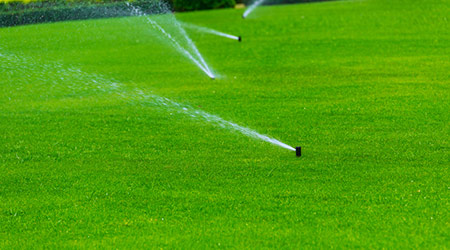Grounds departments that oversee aging irrigation systems are often in crisis management mode, responding to both minor and catastrophic pipe and system failures, according to an article from Facility Maintenance Decisions on the FacilitiesNet website.
The challenge is that most systems are expected to live far beyond their intended life cycles. Two developments — aging systems prone to more frequent leaks and water shortages nationwide — have combined to put pressure on grounds managers.
The result it that managers need to find ways to ensure that systems operate efficiently while still maximizing the appearance of grounds.
By taking steps to streamline department maintenance, following technology advances in irrigation sensors and controls, and providing effective technician training, facility managers will be able to improve overall system performance.

 The High Cost of Healthcare Violence
The High Cost of Healthcare Violence EVS Teams Can Improve Patient Experience in Emergency Departments
EVS Teams Can Improve Patient Experience in Emergency Departments East Tennessee Children's Hospital to Become Dolly Parton Children's Hospital
East Tennessee Children's Hospital to Become Dolly Parton Children's Hospital The Future of the Global Hospital Hygiene Market
The Future of the Global Hospital Hygiene Market Rethinking Fire Safety Inspections
Rethinking Fire Safety Inspections